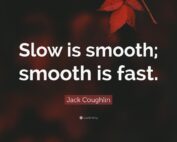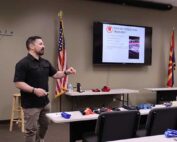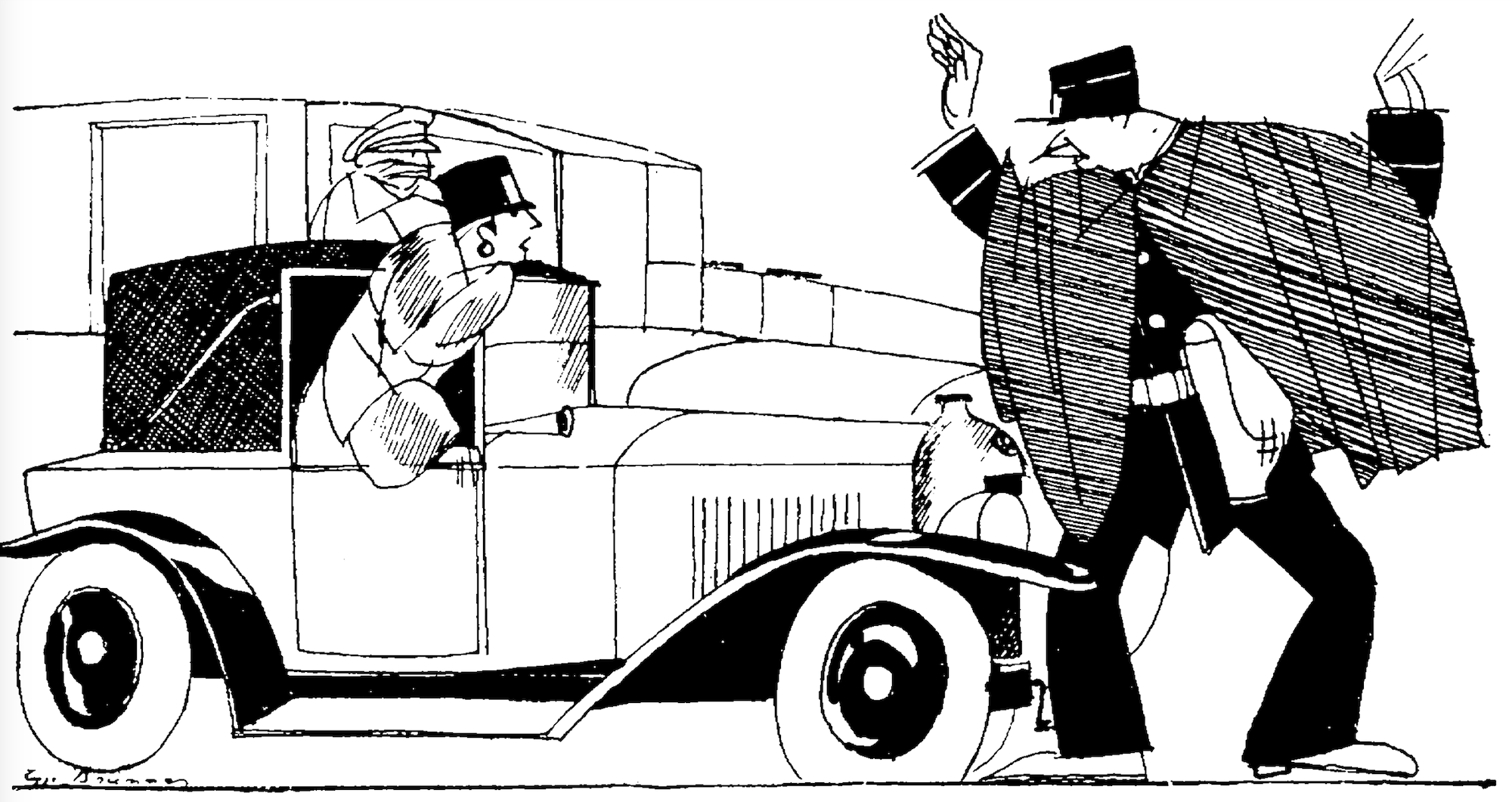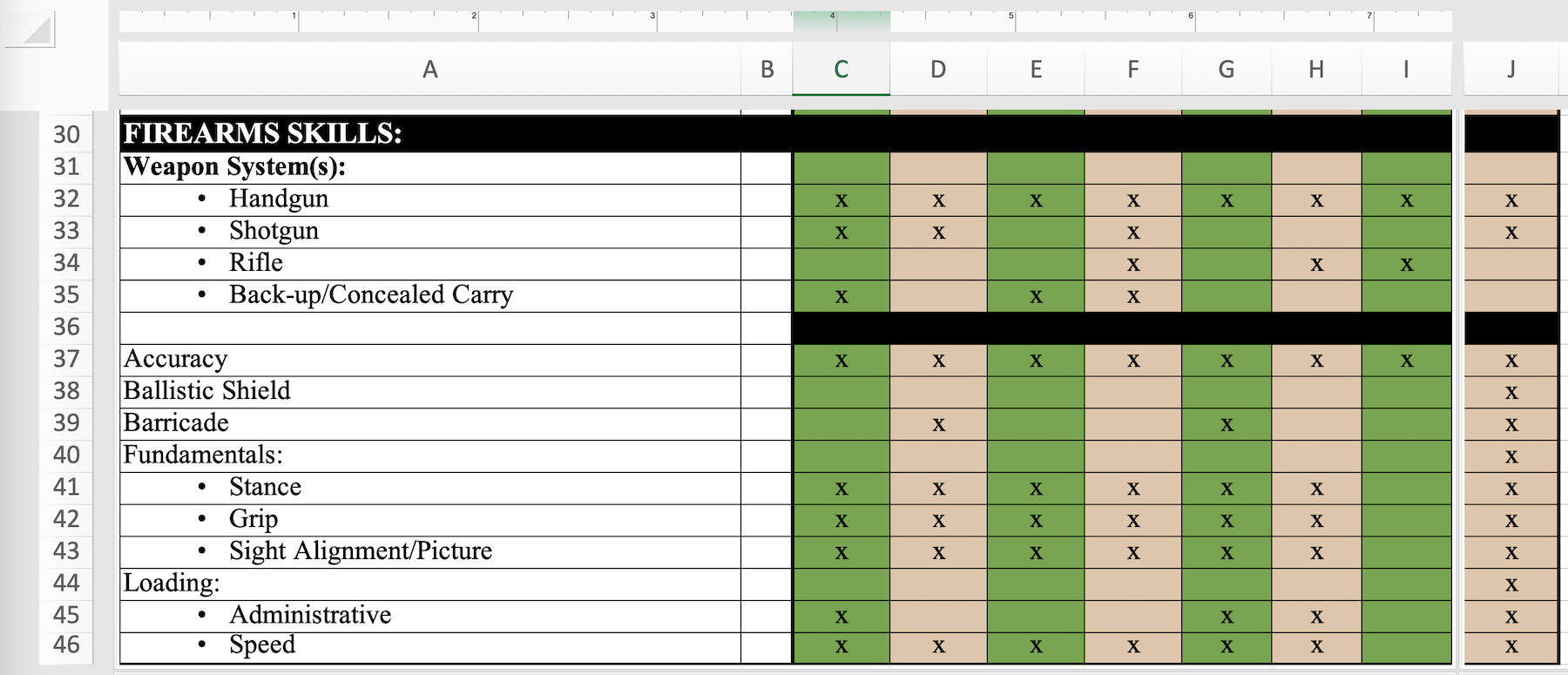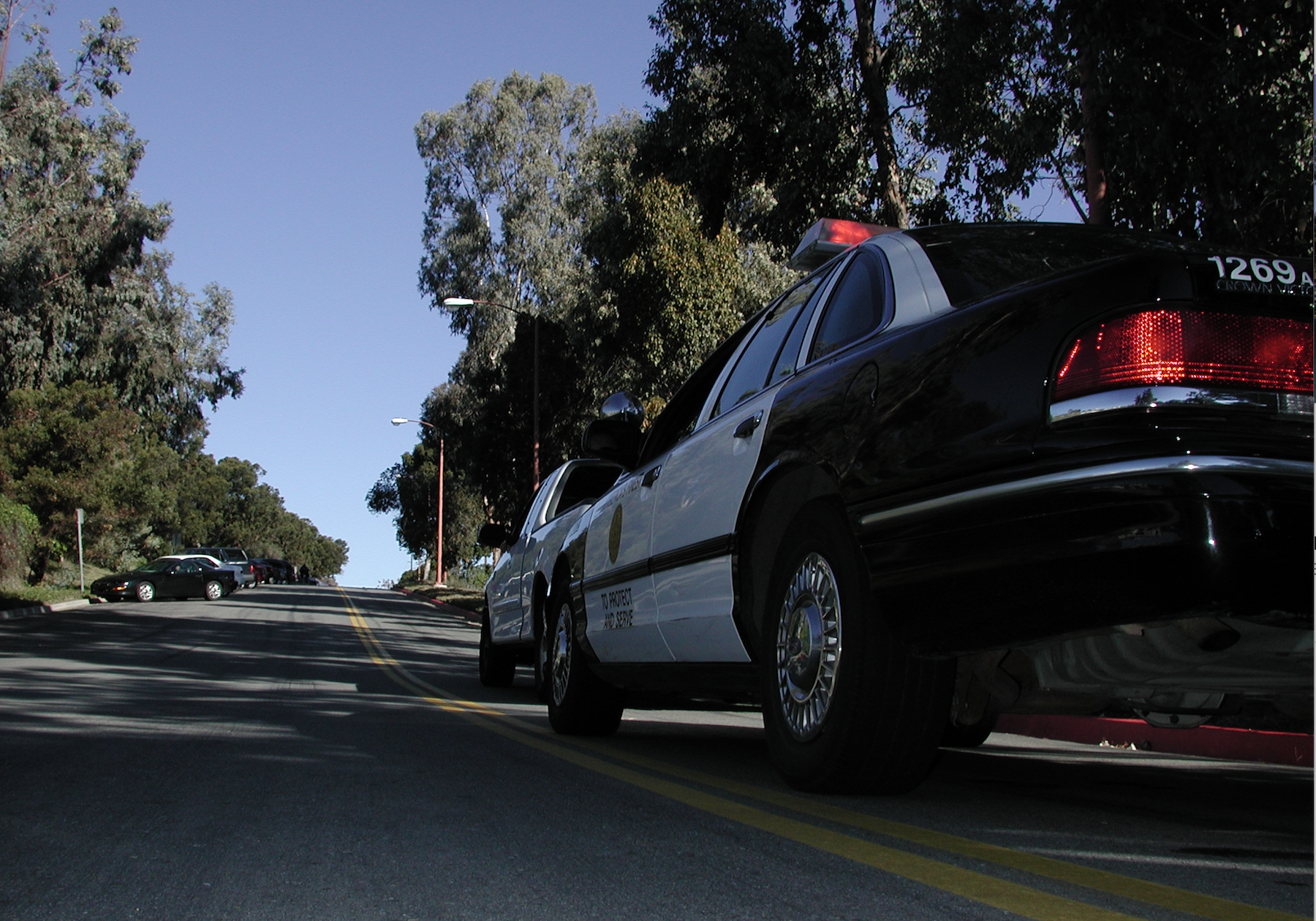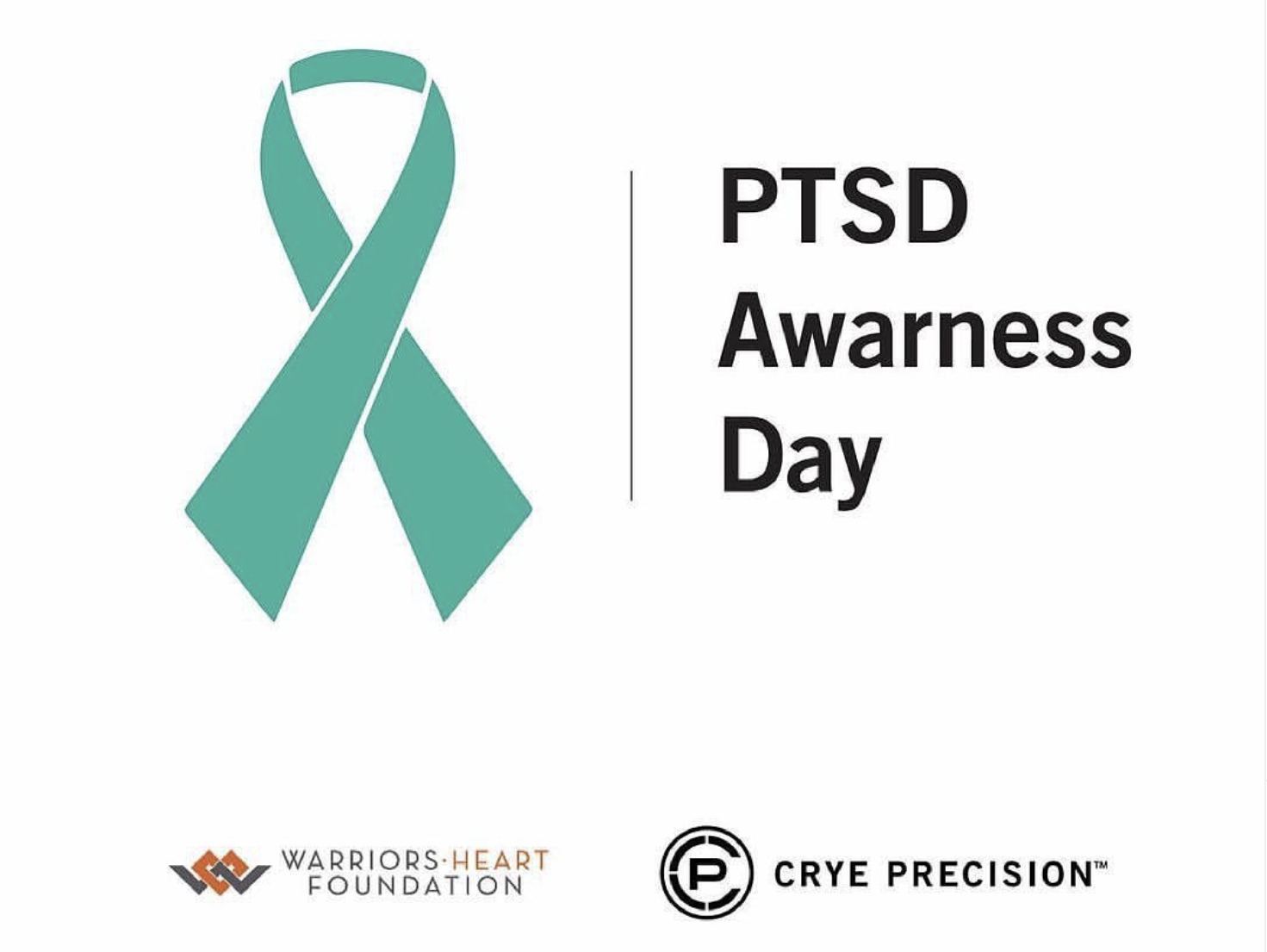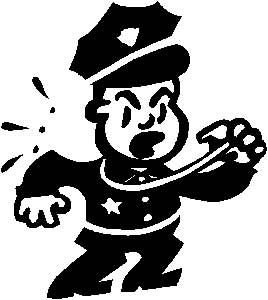
mad-cop
Ever had this happen — or worse yet, said it yourself? You break line-up or roll call and an officer says, “That’s it, I’m in a bad mood; everyone gets a ticket today, and I’m not cutting anyone any slack.” I’m embarrassed to say I did say that very thing — once. I was a young cop, grumpy about being at work, had been dealing with a series of citizen-jerks of late, and was in a generally foul mood. I’ll admit, that state of mind was something rare for me, so I didn’t quite know how to manage it. The first stop I made that morning was a distraught mother hurrying to the elementary school where her young daughter had taken ill. She had edged the 25 mph speed limit up a bit, and I think I had stopped her for 35. “Ha, my first victim!” I recall thinking.
But I was being an idiot, and I knew it inside. When I saw her face and she explained what was up, it immediately purged the demons from inside me. I felt all the anger and frustrations drain away onto the hot pavement at my feet. I could see her anxiety, and what I did next was tell her to follow me to the nearby school. I saw immediate relief on her face, and that simple act both assured me she would slow down en route to the school, but also won a new friend for our agency — and likely cops everywhere — at the same time.
At the school I asked if she needed any help. I vividly remember, she took my hand in both of hers and said, “Thank you so much for your understanding and kindness. I know you could’ve given me a ticket, and I know you certainly didn’t have to help me get here safely. Thank you.”
Corny baloney, you think? Not to her. She meant it. I think she was honestly amazed a cop would be, as she said, kind. And how did it hurt me to get off my high-hog like that? Not a lick. As a matter of fact, I offered a silent thank you to her as I got back into my beat car. She had single-handedly knocked me out of my rotten attitude that day, and reminded me each person needed treatment individually, on a clean slate. Each stop, each citizen contact had its own merits, problem sets, priorities and needs to be judged taking all that into consideration. And not tainted by a previous contact.
Having said that, while a successful cop treats each of those new contacts with an objective eye, they shouldn’t do so without an awareness of their own past experiences. The lady I stopped might just have easily been leaving the scene of a multiple homicide she had just committed, so officer safety skills, based on your past experiences, should always be at the forefront. But once the tone of the contact is established, it’s unprofessional to allow a bad mood, prior misconduct by another citizen, or the ass-chewing you just got from your sergeant, to influence your ability to be objective, balanced and fair.
It’s all about justice, not just the law, and justice does indeed have to be blind. While 10 mph over the speed limit was certainly citable, justice is everything. Your ability to apply that — untainted by your own personal foibles and the crank-pot you stopped previously — is what law and order is really about. It’s the dramatic difference between being a professional … and being a poser. Professionalism is much more rewarding. Isn’t it?
By Roy Huntington
View The American COP October 2012 Issue Now!




